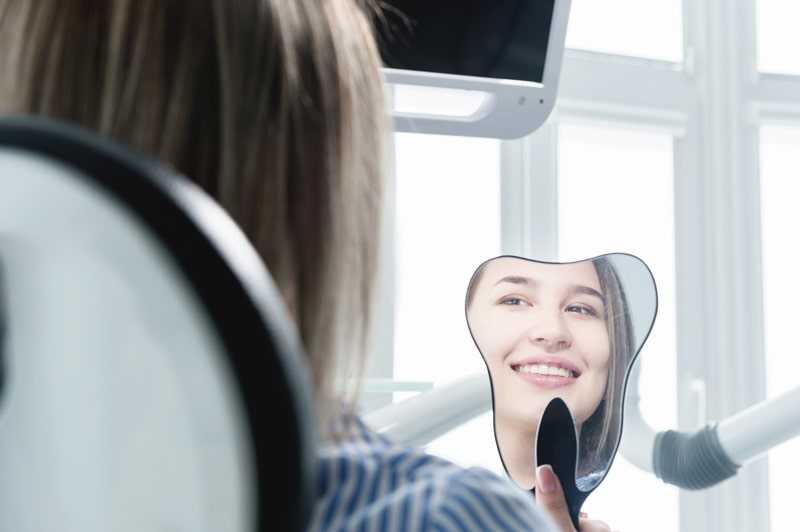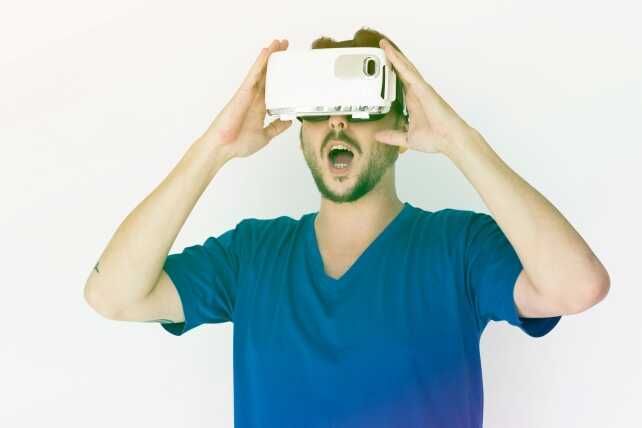Oral health and lung health: the surprising connection you need to know
How does oral health affect lung health? Recent scientific research reveals a strong connection between the condition of the oral cavity and respiratory diseases. Poor oral hygiene, gum disease, and untreated dental infections can increase the risk of lung conditions such as pneumonia, chronic obstructive pulmonary disease (COPD), and even lung cancer. Understanding this link can help both patients and healthcare professionals take preventive measures to protect respiratory health.



















